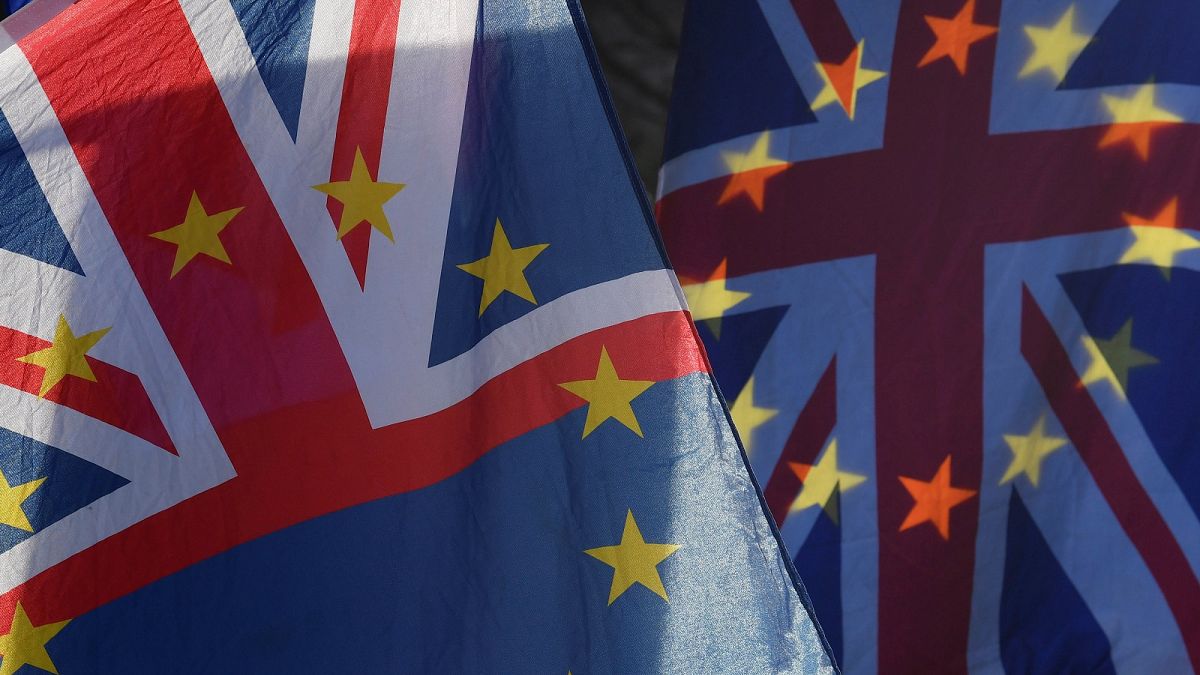If Article 50 was revoked or a second referendum gave way to remaining in the EU, would the Union want it? There are many reasons why they shouldn't.
By Ronan McCrea
If you are British and pro-EU, your position is pretty clear. The ideal outcome of the Brexit process is for the UK to change its mind, revoke Article 50 and remain a member.
The Court of Justice made things easier in this regard, when it ruled in December that the UK can revoke its notification and resume its EU membership on the same terms as before. British Remainers will see this as good news, but should other supporters of the EU take the same view?
Despite their bitter disputes, one thing many Remainers and Leavers seem to agree on is their view that the EU is keen on the UK staying in the Union. As fans of the idea of British EU membership, many Remainers may be shocked at the idea that the EU would not jump at the chance to keep the UK on board. Leavers, for their part, have argued that the EU has been seeking to bully the UK out of exiting, something that suggests that they think that EU figures are more than keen for the UK to stay in the club.
However, for those who are in favour of the EU and of the broader project of European integration, the desirability of the UK remaining in the Union is not a clear-cut question. Indeed, a recent editorial in the European Journal of International Law, a leading academic journal, speculated that many in the EU are lukewarm at the prospect of welcoming back the Union’s prodigal son.
Why would that be? After all, losing a member is definitely a blow to a project that has relied heavily on the idea that European integration is an inevitable process. In addition, the UK’s departure blows a hole in the EU budget and involves the loss of Britain’s significant diplomatic and military clout.
But as the European Journal of International Law pointed out, the UK has been a semi-detached member for over two years now and member states have already priced the UK’s departure into their planning in most key areas.
The chaotic behaviour of Britain’s government and opposition has also raised worries that the UK is simply not a reliable partner.
But concerns go much deeper. Think of the circumstances under which the UK would be returning to the EU fold. It would be one thing if the course of the Brexit negotiations had resulted in a fundamental rethink by the British public and the UK enthusiastically re-embracing EU membership. But nothing of that sort has happened.
Opinion polls have barely moved since 2016. UK public opinion is still fairly evenly split 50-50 between Leave and Remain. A narrow Remain win in a second referendum would see the UK bitterly divided on European issues with close to half the electorate feeling robbed by the decision to rerun the vote.
Europe would remain a toxic issue in UK politics and any future UK government would find it very difficult to agree to any new integration measures without facing calls for a new referendum. Indeed, even before the 2016 referendum, Parliament had passed the 2011 European Union Act requiring a referendum on any new transfer of powers to Brussels. Would that law be revived once Brexit was abandoned?
Think of what this situation would mean for the EU 27. The EU has serious problems. Under current voting rules, EU laws in many areas need the unanimous consent of member states to be amended. This makes EU law very rigid and incapable of adapting to change. In the long run, this can only be overcome if member states are willing to give up their vetoes in these areas.
In addition, if the Eurozone is to survive long-term, it will require significantly increased integration, something that will probably need the acquiescence of non-Eurozone states.
The Union is also facing a significant issue in relation to the rule of law in Poland and Hungary, something that may require additional powers for EU institutions to attach conditions to how EU money is spent.
A resentful UK barely able to stomach current membership conditions is likely to prove an additional obstacle to attaining any of these goals.
Therefore, for those who view ever closer union as necessary for the EU’s survival, either a hard or soft Brexit may be preferable to the UK remaining a member. The economic impact of a hard Brexit on the EU as whole will not be enormous and a soft Brexit, under which the UK has to follow EU rules without being able to block further integration, brings the best of both worlds.
While a chastened UK rejoining may enhance EU prestige in the short run, it is possible that for some Europhiles it might seem like a pyrrhic victory that ultimately makes it harder for the Union to flourish.
Ronan McCrea is Professor of Constitutional and European Law at University College London
Opinions expressed in View articles are solely those of the author.
